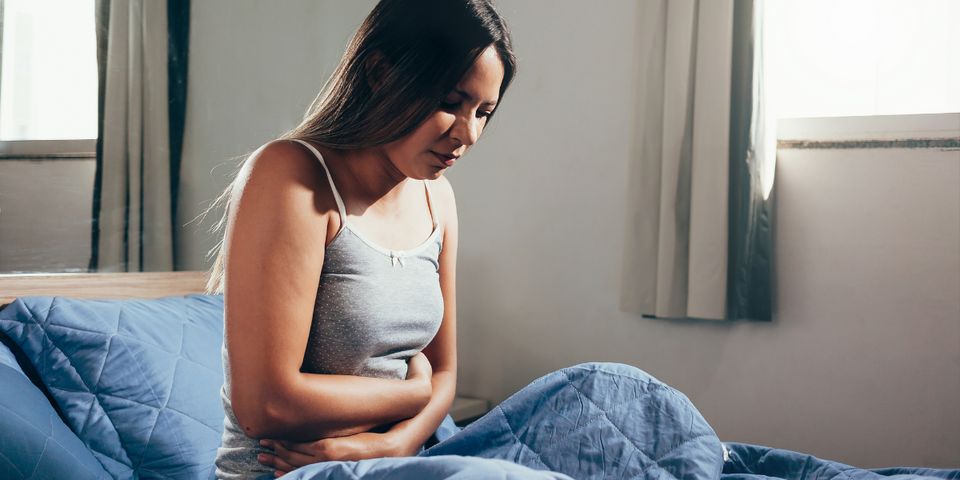
Menstrual cramps are common among women, and individual experiences can range from mild discomfort to aching pain. However, severely painful periods are not normal. If your cramps are disrupting your ability to carry out everyday activities, consider seeing a gynecologist to determine the cause and seek relief. The guide below explains what makes period cramps abnormal.
What Are the Signs of Abnormal Cramps?
If you’ve always had the same experiences with menstrual cycles, you might not be able to recognize when symptoms are abnormal. The most noticeable symptom is a throbbing or cramping pain that disrupts daily activities. Menstrual cramps should not be severe enough to leave you incapacitated. In these cases, even over-the-counter pain medication might not be enough to soothe the discomfort.
It is not normal for the pain to persist through the end of, or even after, your period. Cramping during a typical period should only last for two to three days. Symptoms might be accompanied by nausea, diarrhea, heavy bleeding, irregular cycles, and pain during sex. Random pelvic pain between periods is also a sign of a problem.
What Causes Severe Period Cramps?

Abnormally painful periods, known as dysmenorrhea, can have a few possible causes. The first is not caused by a specific condition, but may be due to the overproduction of prostaglandin. Your body produces these chemicals to make the uterus contract and shed its lining.
Other cases of dysmenorrhea are the result of underlying medical conditions, such as endometriosis, uterine fibroids, and polycystic ovary syndrome (PCOS). Make an appointment with your gynecologist to find out what exactly is causing the pain.
How Can I Alleviate the Pain?
After speaking with a healthcare provider, they can offer recommendations to ease symptoms. Over-the-counter pain relievers like ibuprofen and acetaminophen may be effective for some, but if it doesn’t work for you, the gynecologist can prescribe nonsteroidal anti-inflammatory medications.
Hormonal birth control in the form of pills, intrauterine device (IUD), injection, patch, or vaginal ring stops ovulation and can reduce the severity of your cramps. Home remedies might help you manage pain as well. Some find that heating pads, stress reduction, regular exercise, and warm baths can soothe their symptoms.
Nobody should have to endure unbearable period cramps every cycle. When you make an appointment at Advanced OB-GYN Services of St. Peters and Bridgeton, MO, you will receive compassionate care and treatment from an experienced team dedicated to improving your quality of life. Board-certified OB-GYN Dr. Joseph Hazan offers convenient and affordable women’s health services, including annual gynecological exams, prenatal care, urinary incontinence treatment, and infertility counseling. Visit their website to learn more about their services. Call (636) 928-1800 to schedule a visit at the St. Peters location or dial (314) 291-2140 to reach Bridgeton.
About the Business
(52 reviews)
Have a question? Ask the experts!
Send your question

